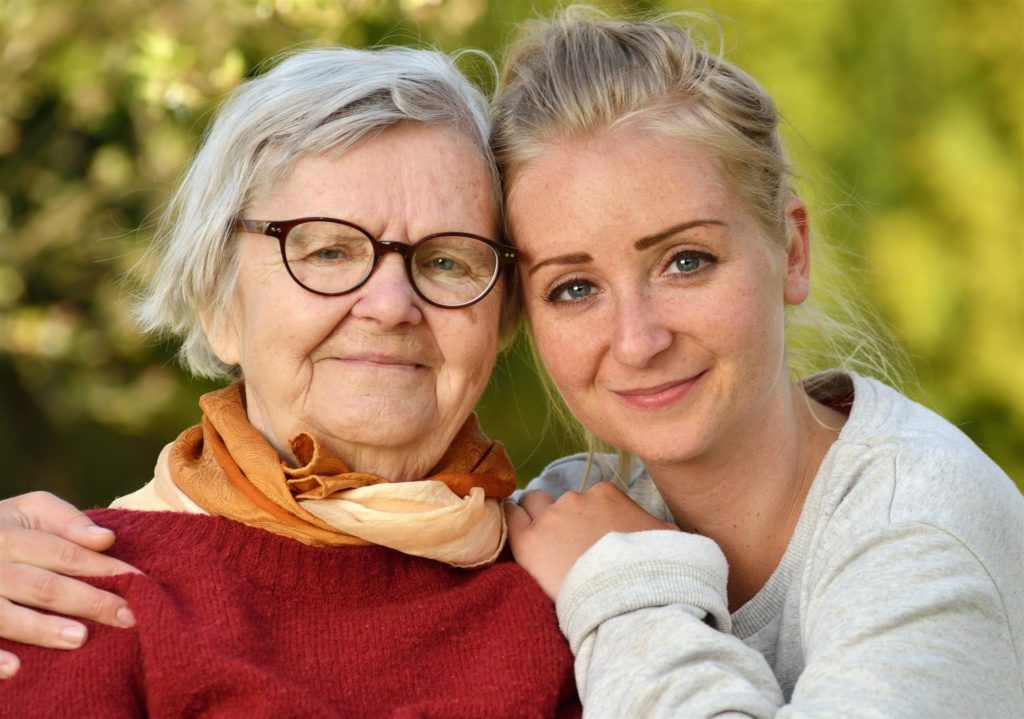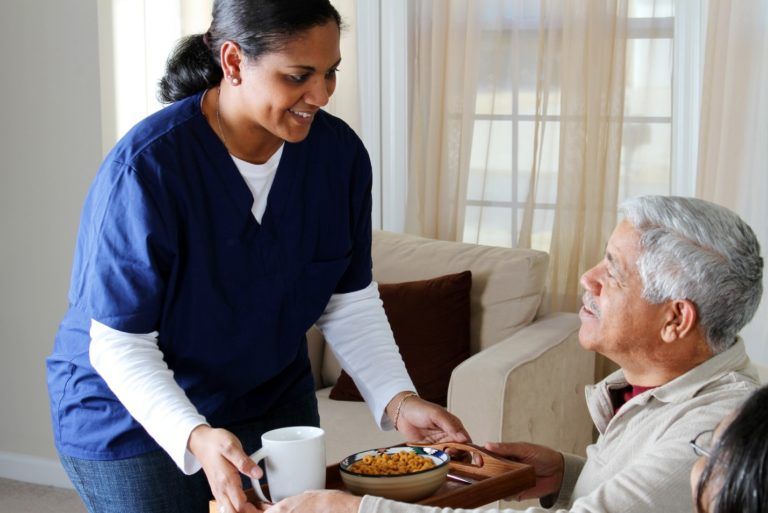Dementia – Causes, Treatment, & Preventive Care
Dementia has been known in the medical industry for over a hundred years, but doctors and physicians are still learning more and more about it year after year.
Today, we’re more informed than ever on how to treat patients with Dementia and we’re even learning more about how we can slow down and reduce the chances of getting Dementia.
There’s still more work that needs to be done, but it’s now more important than ever to consult your physician if you or a loved one are experiencing symptoms of Dementia. The sooner it’s diagnosed and treated the better your chances of success will be.
What Is Dementia?

Dementia, which is often confused with being a disease, is in fact a number of conditions that impair both memory and judgement. Dementia is the term used to describe these conditions when they start interfering with a person’s day to day life.
Some of those conditions can include memory loss, thinking or memory problems, issues with judgement and decision-making skills, and changes in overall mood.
What Is the Difference Between Dementia and Alzheimer’s?
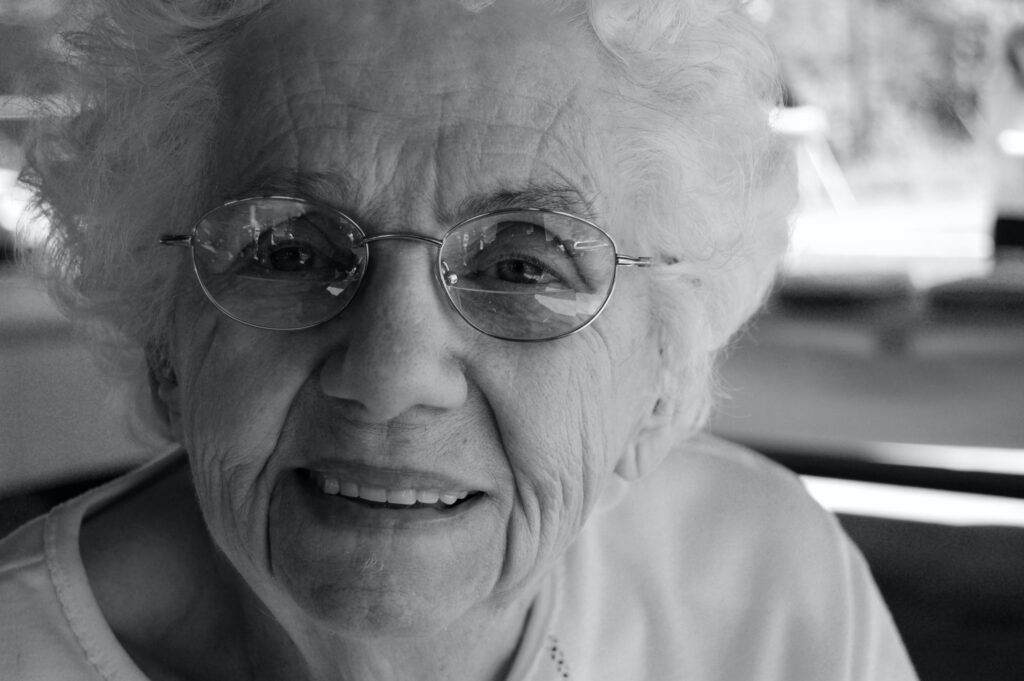
Alzheimer’s, which is classified as a brain disease, is the most common cause of Dementia. Alzheimer’s can cause Dementia symptoms to arise and often impacts the part of the brain that controls learning and memory.
How Do You Get Dementia?

The most common causes of Dementia are Alzheimer’s and Parkinson’s disease. Suffering an extreme head injury could also cause Dementia as well.
If you or a loved one is diagnosed with Dementia below the age of 50, there may be a higher chance that Dementia runs in the family.
Neurodegenerative as well as toxic or metabolic disorders could also be causes of Dementia.
In more recent years, there’s been a strong link between diet and cognition. The MIND diet which is a diet which focuses on more plant-based foods has been showing great promise.
In one analysis of the MIND diet, people who followed the MIND diet more closely versus people who didn’t, actually saw reduced rates of Alzheimer’s disease by 53% over a four and a half year period.
According to the National Institute on Aging (NIA), they “ found that closely following the MIND diet was associated with a reduced risk of Alzheimer’s disease and a slower rate of cognitive decline.
”
What Are the First Signs of Dementia?

Signs of early onset Dementia can include issues with memory, difficulty focusing and staying engaged in conversations, mixing up dates, times, and places, and even changes in mood.
The first signs of Dementia may be subtle, but if you notice a change in your behavior or in the behavior of a loved one, it can’t hurt to contact your doctor and express your concern.
Types of Dementia
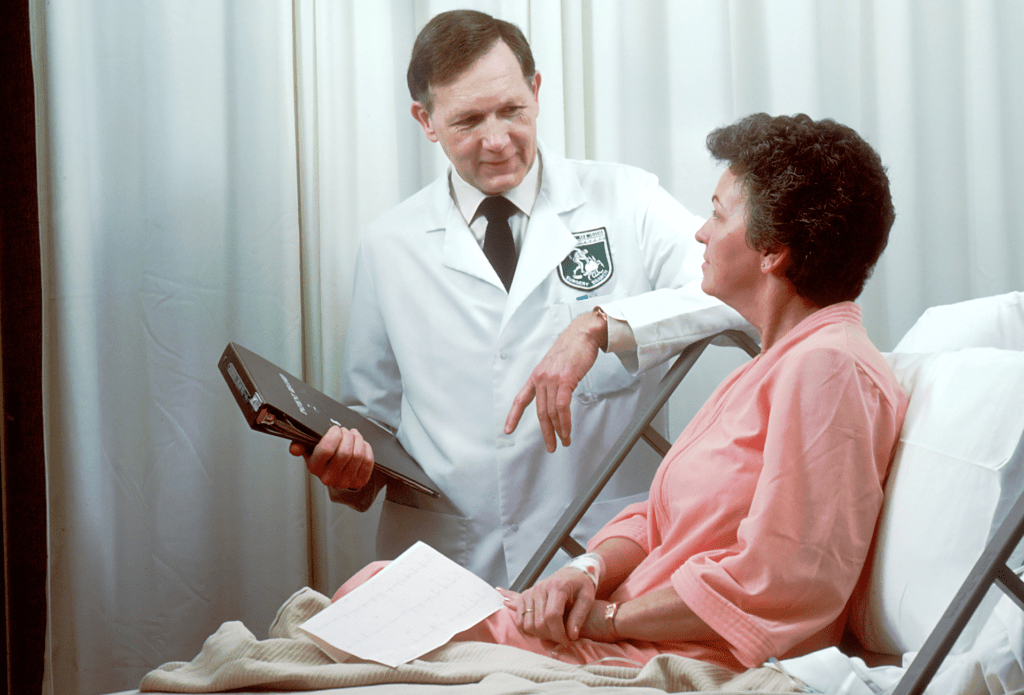
There are many different types of Dementia including Creutzfeldt-Jakob Disease, Lewy Body Dementia, Korsakoff Syndrome, Normal Pressure Hydrocephalus, Huntington’s Disease, Young-onset Dementia, Vascular Dementia, Parkinson’s Disease Dementia, HIV-associated neurocognitive disorder (HAND), Frontotemporal Dementia, Posterior Cortical Atrophy, Alzheimer’s Disease, and Mixed Dementia.
The type of Dementia that you may have will determine the best course of treatment. Consult with your doctor and don’t be scared to ask questions. It can be overwhelming at first, but help is out there and there are ways to improve issues with cognition and thinking capabilities.
Can Dementia Occur at Any Age?
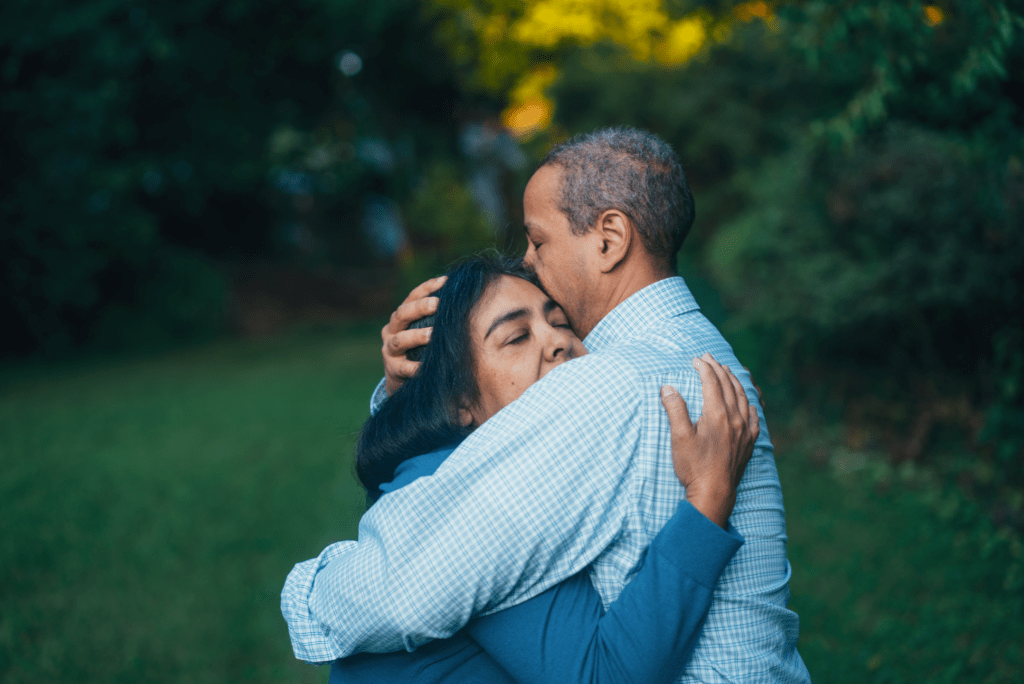
Although Dementia is most common in adults over 65, younger people can still get Dementia. With early diagnosis and treatment there are ways to slow down the progression which will benefit your physical and mental health in the long run.
If you are suddenly finding it difficult to perform daily tasks, are getting lost in conversations, and are unable to find the right words more and more often, raise your concerts with your primary physician sooner rather than later. It’s better to be safe than sorry.
Can Dementia Run in the Family?

In rare cases, Dementia can be inherited, but for most Dementia sufferers it was not passed onto them through family genes.
According to Harvard Medical School a family member or if multiple family members have dementia, “ …your risk increases by about 30%. This is a relative risk increase, meaning a 30% hike in your existing risk.
”
Can Dementia Be Reversed?

Dementia symptoms and conditions can be reversed, especially if caught early on enough. That’s why it’s so important to discuss with your doctor any concerns you may have about you or someone you know exhibiting signs of early on-set Dementia.
How to Prevent Dementia Naturally?

The same things you can do to reduce your chances of getting and preventing Dementia will help your overall health and well being.
Eating a healthy diet, especially a diet that puts a greater focus on plant based foods over processed foods, meats, foods high in sugar, salt, and saturated fats is recommended.
Incorporating exercise into your daily life is also recommended as it helps to keep both the body and the mind fit, strong, and active.
Reducing smoke and alcohol can decrease your chances of having Dementia since both smoking and excessive alcohol consumption have negative side effects on the body and the brain.
If you or a loved one has been diagnosed with Alzeheimer’s or if you’d just like to learn more, you can contact The Alzheimer’s Association at 800.272.3900.
Connecticut in-Home Assistance Offers 24-Live in Care , Homemaker & Companion Services , and Personal Care Services for Dementia Suffers, the Elderly, and Disabled.
Request Your Free Assessment or Call Us to Learn More!
The post Dementia – Causes, Treatment, & Preventive Care appeared first on .
Share
Related Posts
